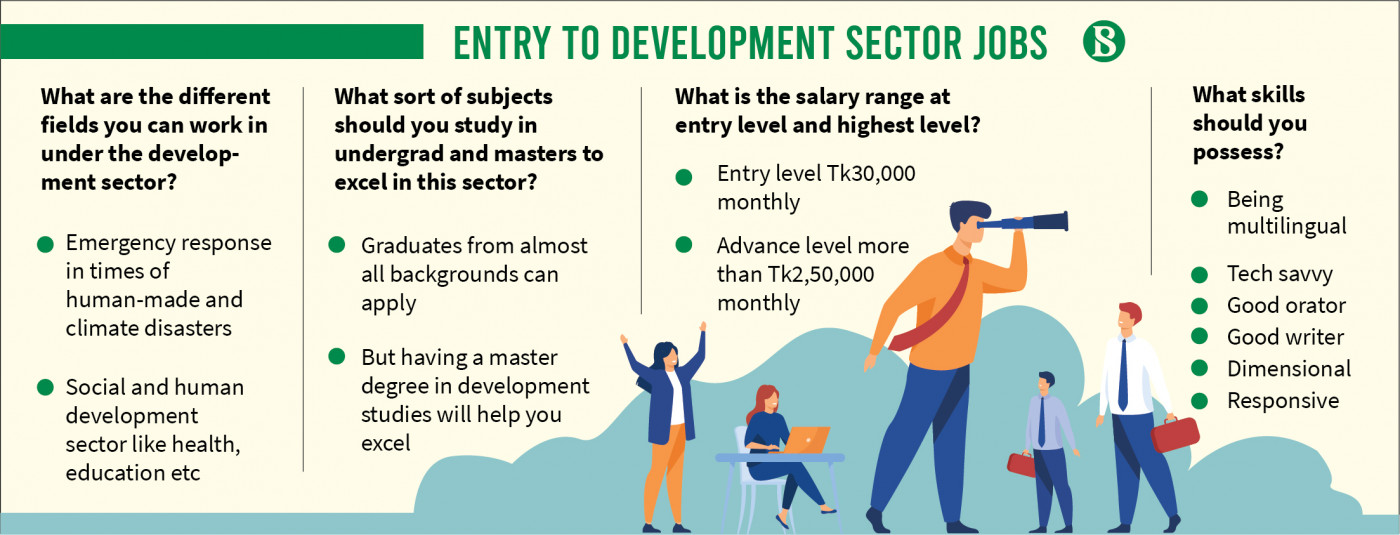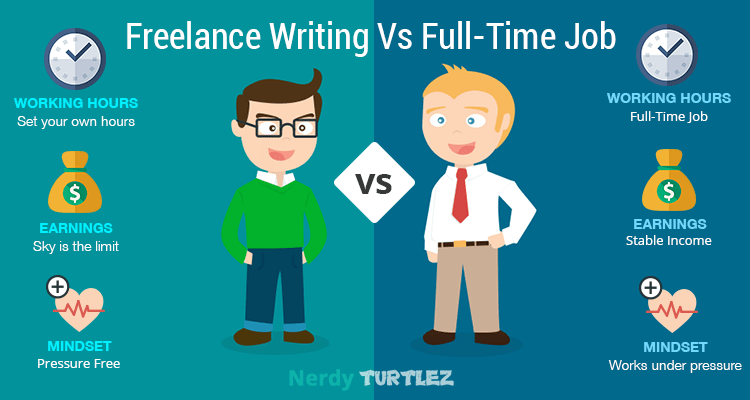The old idea of picking one job and sticking with it from graduation to retirement isn’t the norm anymore.
In fact, around the age of 31, a lot of people feel the ‘ten year career itch,’ which is when they consider switching jobs, as found by Delta International Recruitment Agency’s recent Page Pulse survey.
The study found that 26% of workers are thinking about changing careers soon, and 44% have already made the jump to something new. The most popular sectors for a switch are healthcare, education, and IT.
However, why do people want to change their careers? Well, one in three wants a job that helps them earn more money, and 32% want a job they are more passionate about. For 19%, it is about getting a better work-life balance, and 15% decide to change things up after losing their job.
So, what is stopping folks from making the change? For 23%, it is a lack of confidence, and 20% are not sure if they have the right skills.
It might feel scary to switch careers, especially if you have put a lot into your current job, but take it step by step, and you might just land your dream job.
10 Simple Steps for Easy Career Change
Step 1: Identify Your Work-Life Balance
Take a moment to think about what kind of balance you want between work and life. Reflect on what you enjoyed in your studies, current job, and past roles. Figure out your strengths, interests, and areas for improvement by looking at your experiences.
Understanding your motivations for changing careers is whether it is for a higher salary, better benefits, more opportunities, flexibility, or improved work-life balance will help you prioritize your needs. Knowing what matters to you in terms of salary, benefits, culture, and career progression will guide you toward sectors that align with your criteria and those that do not.

Image Source: tbsnews.net
Step 2: Choose Your Desired Sector and Job
You might already have a sector in mind for your new career, or maybe you just feel it’s time for something different.
If you’re unsure about the direction to take, consider:
- Talk to Recruitment Consultants: They can guide you based on your skills and interests.
- Consult with a Career Coach: Professionals who can help you discover your ideal path.
- Take Online Career Quizzes: Explore which sectors match your strengths and interests.
- Discuss with Family and Friends: They might offer insights based on your personality.
- Research Various Industries: Learn about different fields to find the one that suits you best.
Step 3: Connect with Industry Insiders
After deciding on your new career path, it’s crucial to make sure it’s the right fit. Instead of jumping into it, learn from those who are already in the field.
Here’s how:
- Talk to Industry Professionals: Seek advice from people working in the sector. They can share the upsides and downsides from firsthand experience.
- Utilize Your Network: If you know anyone in the industry, reach out to them. Even friends of friends can provide valuable insights.
- Use LinkedIn: It’s a great tool for connecting with the right people. Reach out and ask your questions to those with experience in your chosen field.
Step 4: Explore Job Opportunities
Before you commit to new training or spend your time and money, take a closer look at the job market. Go through job websites to find out how many job openings are available, what kind of salary employers are offering, and what they’re looking for in candidates.
This research not only tells you if your career change is doable but also helps you figure out what skills or experience you might be missing. It’s like checking the waters before you dive in, making sure you’re well-prepared for the journey ahead.
Step 5: Assess Your Skills
Now that you have an idea of the sector and job you want, let’s check how ready you are for interviews. Conduct a skills audit to pinpoint where you stand and what training you might need before applying. This helps you highlight your qualifications and skills, both hard (like coding or a second language) and soft (like communication and teamwork). Identify transferable skills that match your dream job—they might be more than you think. These should shine on your new CV.
For 13% in Delta International Recruitment Agency’s ‘Career Changes’ report, existing skills were transferable to their new career. Next, match your skills with what employers in your desired sector look for. Find the gaps and decide if you need more education or work experience to fill them.
Step 6: Get the Needed Qualifications
Some fields don’t need specific qualifications, while others prefer a bachelor’s degree or higher. Highly specialized roles, like in healthcare or science, require specific qualifications. According to Delta International Recruitment Agency’s report, 25% chose online courses, and 14% returned to university for a career switch. Of those who got further training, 42% self-funded, 27% got government funding, and 21% had employer support.
Flexible online programs allow you to study while working. Identify the qualifications for your move, and you might work toward them alongside your current job or by gaining relevant experience

Image Source: nerdyturtlez.com
Step 7: Consider Freelancing and Temping
- Freelancing:
- Useful in creative industries, especially if a strong portfolio is crucial.
Can be done alongside your current job, starting small and gaining experience gradually.
- Useful in creative industries, especially if a strong portfolio is crucial.
- Temping:
- Provides an alternative to full-time roles or internships.
Managers are more willing to take risks on temp candidates.
Even if it’s not your dream job, it offers valuable experience, CV enhancement, and networking opportunities.
Has the potential to turn into a permanent role if you make a positive impression.
- Provides an alternative to full-time roles or internships.
Step 8: Rebrand Yourself
As you progress in your career move, a professional rebrand is crucial. Rewrite your CV, cover letter, and portfolio to showcase your transferable skills, new qualifications, and experience in your chosen sector. Tailor your documents to what hiring managers in your new profession want to see.
Publicly rebrand too. Update your LinkedIn profile, connect with key figures in your sector, and join related groups. If you use other social media for work, update your bio. Google your name to ensure search results align with your new career path—hiring managers might look you up before an interview.
9. Networking for Success
Building connections is crucial when entering a new field. Attend industry events and join relevant groups to meet people. Connect with industry leaders on LinkedIn, introduce yourself, and engage with their content. Impress professionals in your desired field, and they can introduce you to other key players, giving your job applications an edge.
10. Taking the Next Step in Your Career
After all the groundwork, it’s time to reach out to a recruitment consultancy to make your career move. Delta International Recruitment Agency is here to help. We specialize in placing talented professionals in diverse sectors, including technology, marketing, healthcare, and education.
Submit your CV today to kickstart your career journey.
If you’re considering a career change, it’s essential to understand potential earnings in a new industry. Explore our salary guides for exclusive insights into low, median, and high salary ranges across various sectors.




























